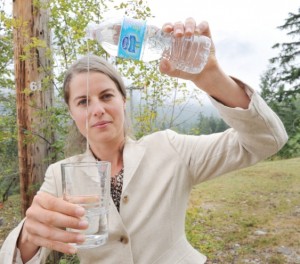I would like to expand further on Kaylee’s blogpost regarding Nestle’s lack of corporate social responsibility from this article.
While the content of the article that Kaylee has selected is interesting, it is not a surprising news. This is because water is a natural resource that is very difficult and expensive to exclude people from using them. Nestlé ‘taking million litres of fresh water annually from a valley of BC province’ without ‘paying a penny’ is to be expected because water is a common access resource. The main issue of Nestlé‘s actions is the lack of corporate social responsibility that they are displaying to their stakeholders.
Following on, I agree with Kaylee’s point that although Nestlé are supporting the government’s decision to implement new regulations on the usage of the water, this may be mainly an attempt to appeal to their stakeholders. In this case, I would recommend for the government to involve itself and implement new policies. The lack of regulation on the usage of groundwater enables companies such as Nestlé to take advantage of the natural resources for their own benefit. It is unlikely for Nestlé to change their actions because of the affect it would have on their cost of production and profits made. Thus, it is imperative for the government to employ a policy that will protect the groundwater in BC from being taken for free to avoid large external cost to the future generations regarding the sustainability of the water. This would force Nestlé to rethink their actions and change it, which hopefully leads them to improve their corporate social responsibility.
Image and website source:


